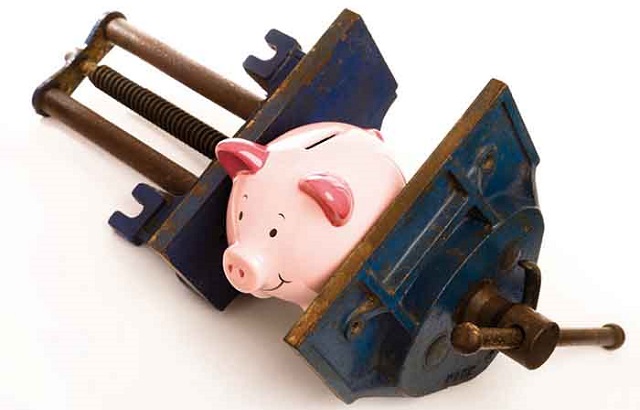The cost of living crisis is having a huge impact on Brits’ finances including with pension freedoms and savings.
Firstly, AKG’s latest industry research paper – ‘Freedoms Revisited: Where do we go from here?’ – has found that the cost of living crisis is putting the gains from seven years of pension freedoms at risk.
The report, published in partnership with Abrdn and Scottish Widows, illustrates that the return of high inflation and cost of living concerns are challenging for both consumers and advisers.
AKG surveyed 2,000 Brits and found the top three retirement factors people are worried about are running out of money (42%), the impact of inflation/cost of living (40%) and care costs in older age (31%).
Meanwhile, the top two concerns of the 100 UK adviser survey respondents have for their clients are investment volatility (67%) and the impact of rising long-term inflation (59%).
Matt Ward, communications director at AKG, said: “Concerns around inflation and cost of living crisis are a very real threat and issue for people across the country and will have a direct impact on the considerations of pensions customers across age groups and whether in accumulation or decumulation pension phases.
“We have had such a prolonged period of low inflation that a lack of inflation may be almost baked into people’s assumptions and their positions/plans could be heavily destabilised.
“The industry therefore needs to be both helpful, practical and realistic in the way in which it seeks to educate and address these issues with a wide range of pensions customers.”
Savings
Secondly, a study by Scottish Friendly and the Centre for Economics and Business Research (Cebr) has found that 16% of adults have used all their savings and investments in the past six months to help boost their income to pay for essentials.
Over half (52%) of UK adults have withdrawn some money from their savings and investments to help meet rising living costs.
Some 72% respondents said they are worried they will not be able to save regularly over the next 12 months, which suggests this downward trend could most likely continue.
Kevin Brown, savings specialist at Scottish Friendly, said: “People tend to save more when their income is relatively high and draw upon this money when it is weaker. This method provides some protection in periods of high inflation and low wage growth.
“But for many families they have already used up their savings buffer or may not have been able to afford to save in the first place.
“This means they may now be forced to borrow money or to cut back on how much they spend. For example, official figures now show that many families are buying less food as prices carry on going up.
“The situation is clearly getting more difficult for households to manage. In addition, anyone that does have the ability to save gets little in return because interest rates trail so far behind inflation, which means the value of their money is being quickly eroded.”








